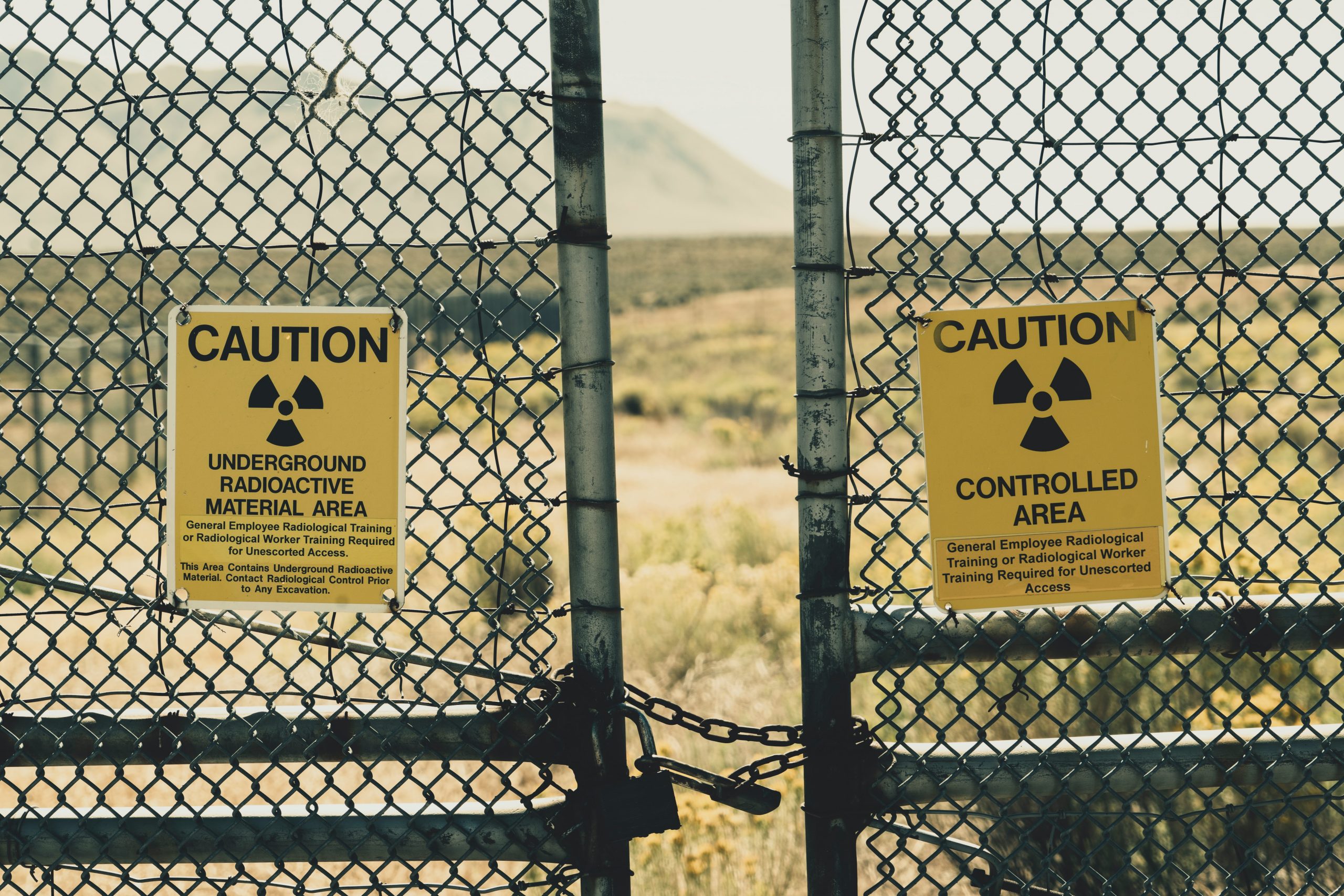
Reforming Nuclear Research Practices in the Marshall Islands
Summary
In the mid-20th century, the United States test-detonated dozens of nuclear weapons in the Republic of the Marshall Islands (RMI). Using the RMI as a test site for nuclear- weapons research allowed the U.S. to better understand the effects of such weapons and their destructive capacities — but at significant cost. Conducting nuclear tests in the vulnerable RMI harmed human health, fomented distrust in research sponsored by the U.S. government, and fueled tensions with the Marshallese. Fallout from the tests undermined U.S. influence in the Pacific, cooperation over ecological restoration, and the reputation of the U.S. research enterprise. Building back relations with the RMI (and other allies that have long supported the United States) is crucial for enabling the Biden Administration to undo the adverse effects of Trump-era policies on international relations and the environment, especially amid rising threats from China and Russia.
To that end, the Department of Energy (DOE) and Department of Interior (DOI) should adopt provisions for conducting nuclear research with and in the Marshall Islands that will: (i) increase transparency and trust in American research concerning the Marshall Islands, and (ii) elevate Marshallese voices in the fight for preservation of their lands. These provisions are as follows:
- All collected data should be translated into Marshallese and shared with RMI officials and relevant stakeholders.
- When appropriate (e.g., when security and privacy considerations permit), collected data should be published in an easy-to-access online format for public consumption.
- All research should be clearly laid out and submitted to the RMI National Nuclear Commission (NNC) in accordance with the NNC’s Nuclear Research Protocol.
- The United States should coordinate with the NNC, the College of the Marshall Islands (CMI) Nuclear Institute, regional agencies, and other relevant nongovernmental organizations and local stakeholders to ensure that local knowledge is considered in the design of nuclear-related research and data projects.
- All possible steps should be taken to include the participation of Marshallese residents in research ventures and operations.
The U.S. should continue its voluntary moratorium on explosive nuclear weapons tests and implement further checks on the president’s ability to call for a resumption of nuclear testing.
This missile launch provides an opportunity to further examine China’s nuclear posture and activities, including the type of missile, how it fits into China’s nuclear modernization, and where it was launched from.
Known as Steadfast Noon, the two-week long exercise involves more than 60 aircraft from 13 countries and more than 2,000 personnel.
Increasing women in leadership roles is important for gender parity and bringing in new perspectives, but it does not guarantee peace.